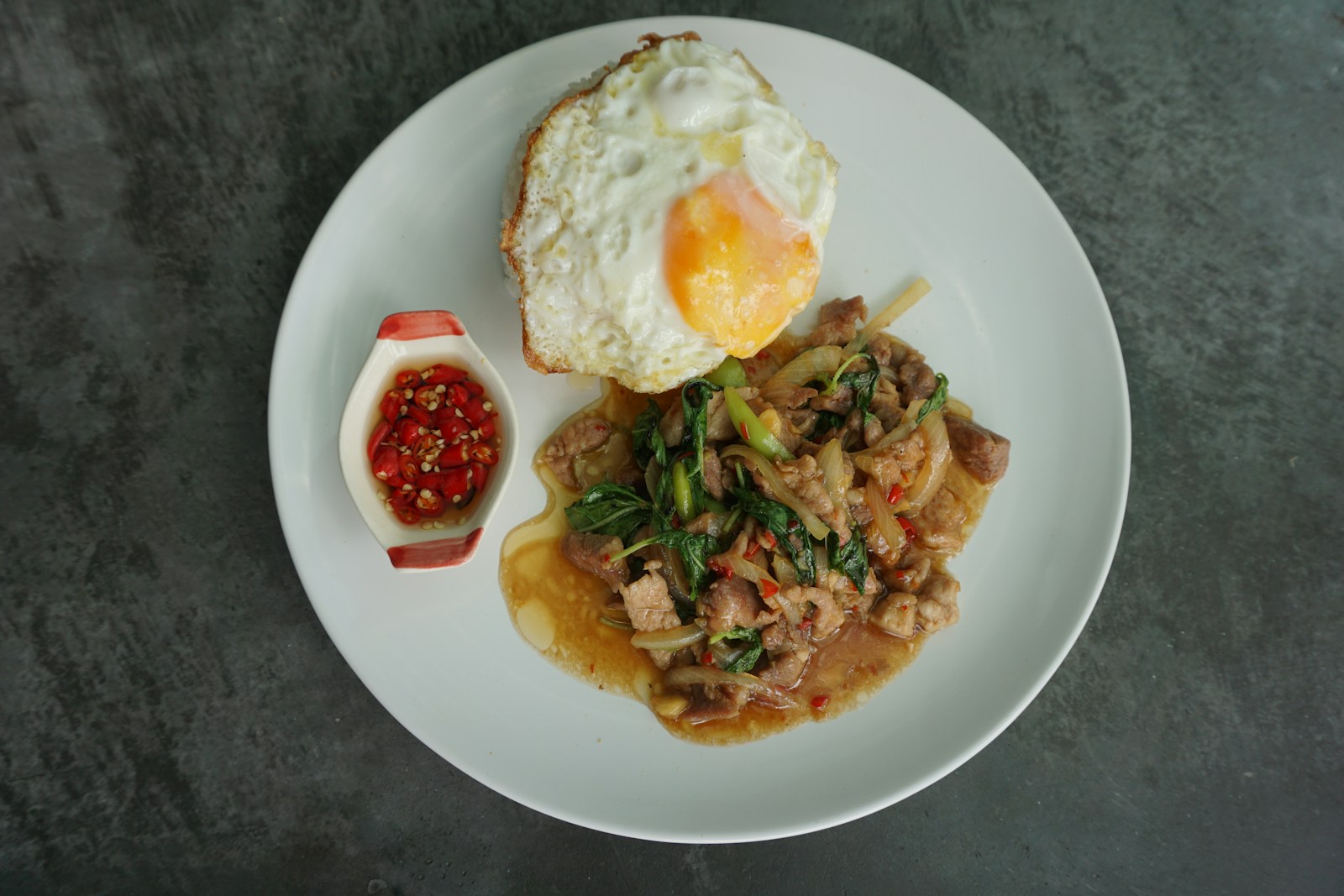
面条
miàntiáo

noodles
Noodles are a common food item in China, and there are many varieties from different regions.
Example sentences using: 面条
我妈妈做面条很棒。
Wǒ māmā zuò miàntiáo hěn bàng.

My mother makes great noodles.
Here, the speaker praises their mother's noodle making skills. '做' means 'make', and '很棒' means 'great'.
我家吃面条。
Wǒ jiā chī miàntiáo.

My family eats noodles.
This is a simple sentence describing a common food habit in a family. '我家' means 'my family', '吃' means 'eat', and '面条' is 'noodles'.
面条是我们家的最爱。
Miàntiáo shì wǒmen jiā de zuì ài.

Noodles is our family favorite.
This sentence talks about a family's favorite meal - noodles. '最爱' means 'favorite'.
我跟爸爸去面条店。
Wǒ gēn bàba qù miàntiáo diàn.

I go to the noodle shop with my father.
This sentence describes an activity between the speaker and their father. '面条店' means 'noodle shop'.
我们一家人一起吃面条。
Wǒmen yījiārén yīqǐ chī miàntiáo.

Our whole family eats noodles together.
This sentence talks about a shared meal. '一家人' means 'the whole family', and '一起' means 'together'.
我的妹妹喜欢吃面条。
Wǒ de mèimei xǐhuān chī miàntiáo.

My sister likes to eat noodles.
This sentence is conveying the sister's liking for noodles. '喜欢' means 'like'.
过年时,我们全家都吃面条。
Guònián shí, wǒmen quánjiā dōu chī miàntiáo.

At New Year, our whole family eats noodles.
This sentence brings up a common tradition of eating noodles during Chinese New Year for longevity and prosperity.
我爷爷会做面条。
Wǒ yéyé huì zuò miàntiáo.

My grandfather can make noodles.
This sentence talks about the grandfather's ability to make noodles. '会' means 'can' or 'be able to'.
我和家人喜欢在周末做面条。
Wǒ hé jiārén xǐhuān zài zhōumò zuò miàntiáo.

My family and I like to make noodles on the weekend.
This phrase talks about a family activity during the weekend.
妈妈的面条是全家人的最爱。
Māmā de miàntiáo shì quánjiārén de zuì ài.

Mother's noodles are the family's favorite.
This phrase expresses a family's love towards the mother's cooking, particularly her noodles.